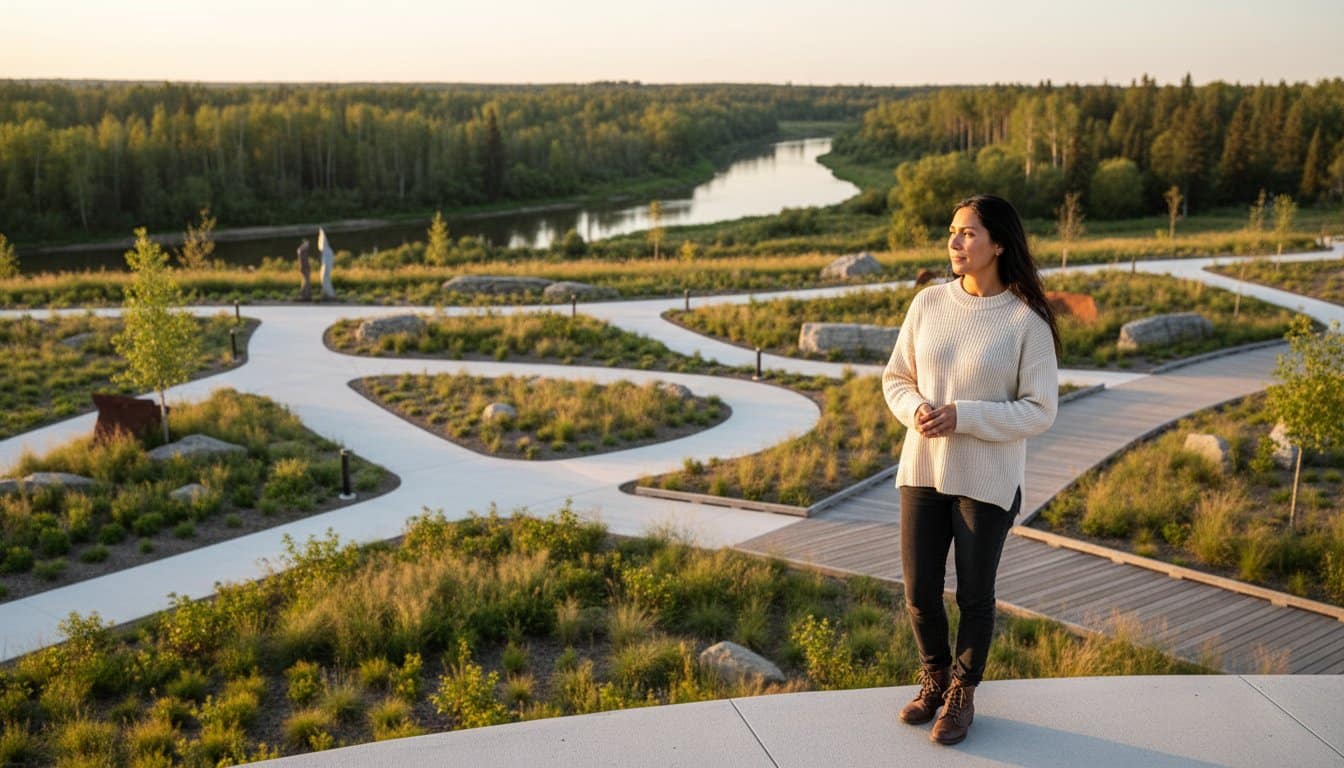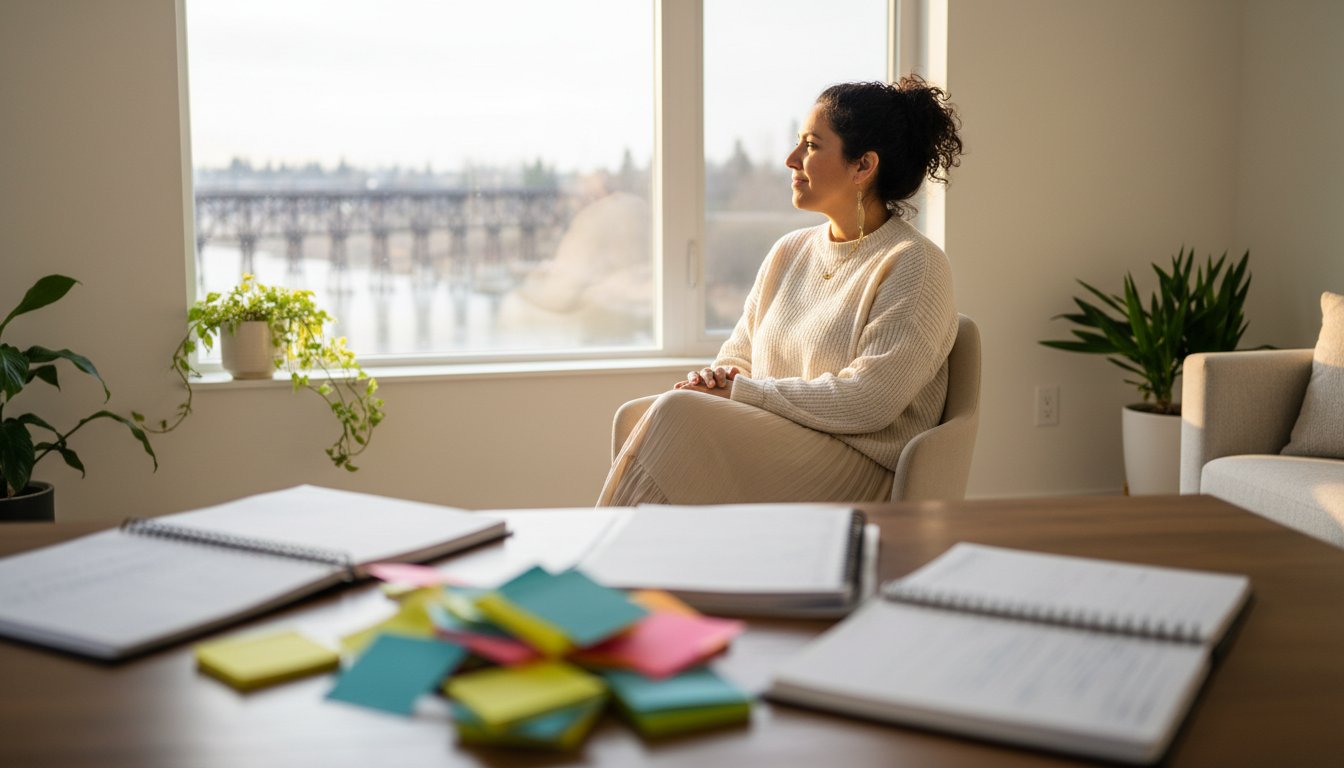When your relationship feels strained, uncertain, or stuck, couples counselling can be a powerful step forward. But for therapy to truly work—and for the results to last—it’s important to know what makes counselling effective.
In this blog, we’ll walk you through what the research says about how to get the most from couples counselling, what kind of therapist you should look for, and how to build long-lasting relationship change.
1. Choose a Therapist with Specialized Couples Training
Not every therapist is trained to work with couples. For the best outcomes, it’s important to work with someone who specializes in couples counselling and is trained in evidence-based methods like Emotionally Focused Therapy (EFT) or the Gottman Method.
“A secure bond between partners fosters resilience and allows people to face the world with confidence. EFT helps people build that bond.”
— Dr. Sue Johnson, founder of Emotionally Focused Therapy
Emotionally Focused Therapy focuses on creating emotional safety and deeper attachment between partners. Studies show EFT has a 70-75% success rate. The Gottman Method also delivers strong results by focusing on reducing conflict and increasing emotional intimacy.
“Our research shows that to make a relationship last, couples must become better friends, learn to manage conflict, and create ways to support each other’s hopes and dreams.”
— Dr. John Gottman
Pro tip: When searching for a therapist, look for credentials like “Certified EFT Therapist” or “Gottman Level II or III Trained” to ensure you’re working with someone who knows how to support relationship dynamics effectively.
2. Build a Strong Connection with Your Therapist
Research consistently shows that the therapeutic alliance—the trust and collaboration between you and your therapist—is one of the biggest predictors of success in couples counselling.
“The quality of the alliance was more strongly related to treatment outcome than any other variable, including the specific type of therapy.”
— Horvath et al., Psychotherapy Journal (2011)
During your first session, pay attention to how the therapist interacts with both partners. Do you feel heard and respected? Do they maintain a neutral stance while guiding the conversation? These early signs matter and set the tone for effective work together.
3. Stay Engaged and Committed to the Process
Couples who see real improvement are the ones who actively engage in the work—both in and out of the therapy room. That might mean practicing new communication techniques, completing between-session exercises, or reflecting on your triggers and patterns.
“Couples who actively participate in therapy sessions, complete between-session tasks, and show openness to change have better long-term results.”
— Halford et al., Best Practice in Couple Relationship Education
Therapy is not a passive experience—it’s a space to learn, practice, and evolve together.
4. Don’t Wait Until It’s Too Late
One of the most common mistakes couples make is waiting too long to start counselling. Research shows couples often delay therapy for six years after problems begin.
“By the time many couples reach therapy, they’ve built up years of resentment. Early intervention can prevent entrenched negative patterns.”
— Dr. John Gottman
Starting couples counselling early—even as a form of relationship maintenance—can strengthen your bond before small issues become major breakdowns.
5. Plan for Long-Term Relationship Health
The goal of couples counselling isn’t just to “fix” one issue—it’s to build a stronger foundation that lasts. Many couples benefit from occasional “booster” sessions even after regular therapy ends.
“Booster sessions significantly increase long-term treatment effects by helping couples consolidate gains and adjust strategies as needed.”
— Snyder et al., Family Process Journal (2002)
Ask your therapist about creating a long-term relationship wellness plan. Think of it like a tune-up for your emotional connection.
Final Thoughts: Invest in Your Relationship’s Future
Couples counselling works—but like any important investment, the results depend on choosing the right professional, showing up with intention, and staying engaged. Whether you’re facing conflict, disconnection, or simply want to build a stronger bond, counselling offers a proven path toward healing and growth.
A strong relationship isn’t just something you fall into—it’s something you build, together.
Looking for Couples Counselling in Your Area?
If you’re in St. Albert, Edmonton or Peace River, seek out a therapist who specializes in couples counselling and is trained in EFT or the Gottman Method. It’s never too early—or too late—to work toward a more connected, fulfilling relationship.



